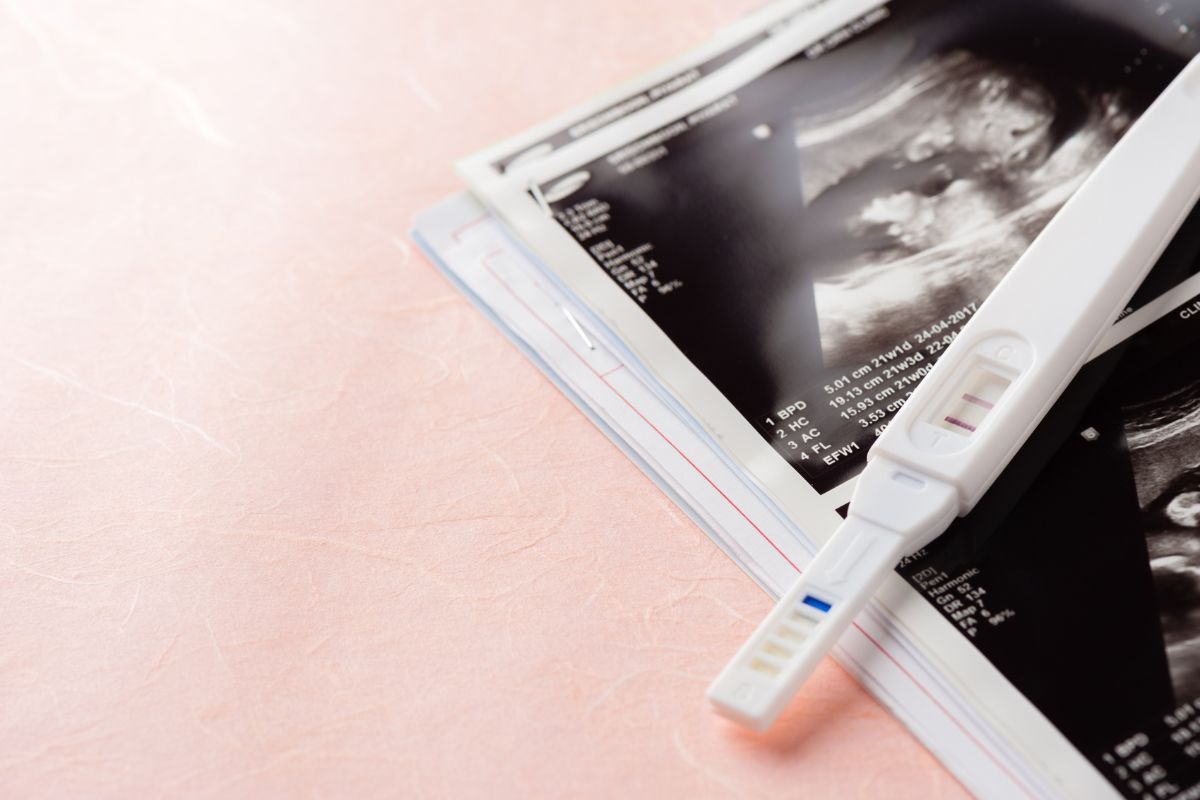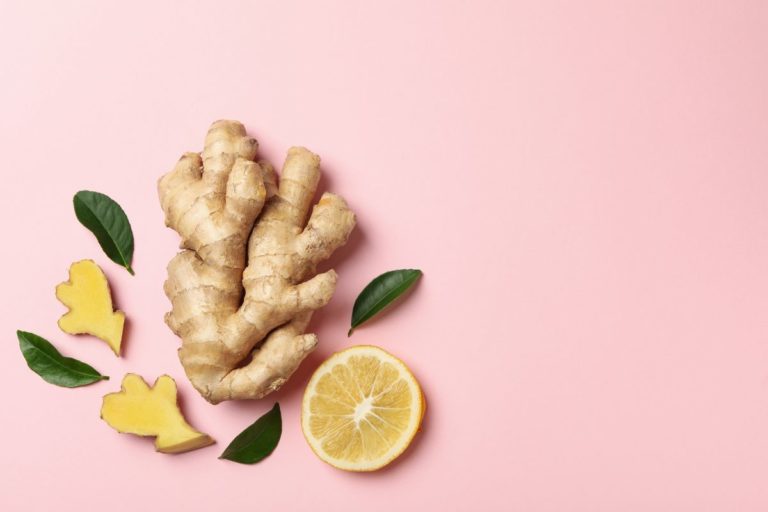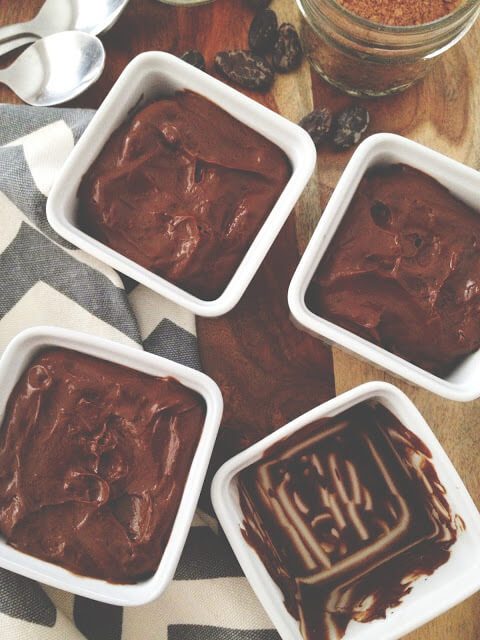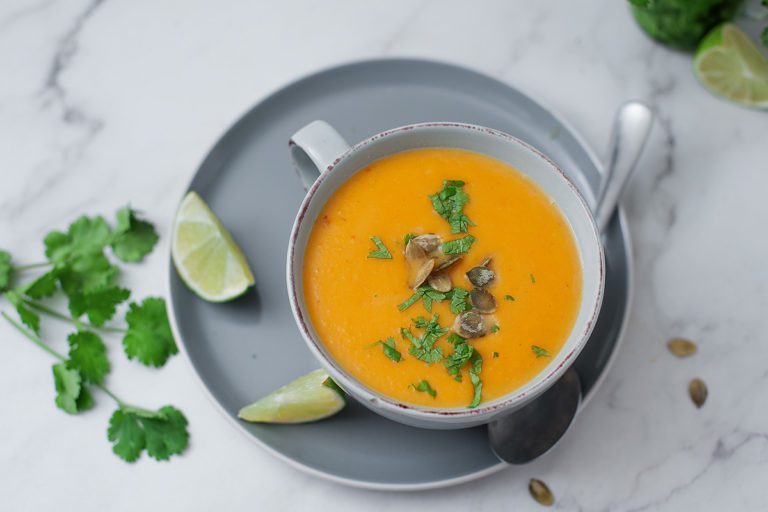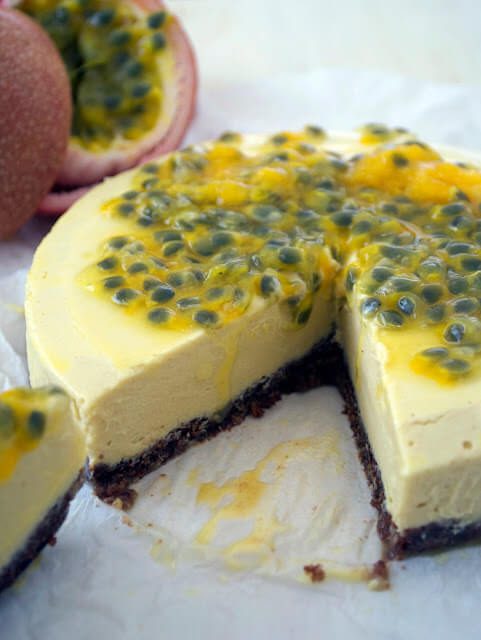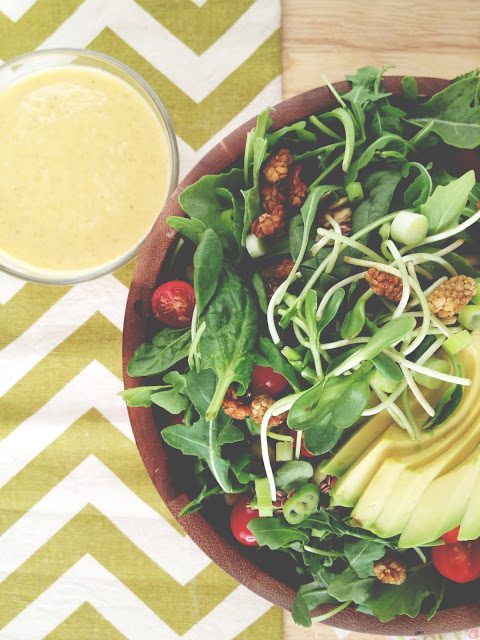Pregnancy is a magical time for many women, but for most, it comes with some necessary adjustments, and diet is often one of them; after all, their growing baby is relying on them solely for all the nutrients needed for optimal healthy growth and development.
They’re busy becoming a whole entire person in there! They need lots of healthy support – so mom’s nutrient intake is crucial.
In recent years, veganism has become an increasingly popular lifestyle choice, and although it’s a contentious issue for some, many swear by it for increased health.
When it comes to cravings, you can munch on spicy food and dill pickle popcorn to your heart’s content whether you’re vegan or not, but is vegan pregnancy a safe option for women to consider?
The Perks of Plant-Based Pregnancy
Ultimately, veganism can be a healthy choice for pregnant women, so long as it’s done correctly and takes into account all nutritional needs and considerations unique to the expectant mother.
So, what are the perks? A vegan diet does deliver health benefits; it’s typically high in fiber, vitamins, and minerals, all of which are naturally vital components for sustaining a healthy pregnancy. Many studies have found that vegans tend to have lower rates of a number of prominent health conditions, such as heart disease, high blood pressure, and type 2 diabetes – gestational diabetes is a real concern during pregnancy so this is a big plus. Additionally, a vegan diet is often low in saturated fats and high in good, healthy fats, which can only be a good thing for both mom and bub.
One of the biggest advantages to opting for a vegan diet during pregnancy is that it is likely to increase the amount of plant foods you’re eating, particularly good old fruits and veggies, of course. Jam-packed with vitamins and minerals, fruits and vegetables are like little parcels of wonder when it comes to fueling the healthy growth and development of an unborn baby, and this is something that a well-balanced vegan diet has really got going for it.
Veganism: Does it ‘Meat’ Your Nutritional Pregnancy Goals?
While a vegetarian and vegan diet can be a perfectly safe and healthy choice during pregnancy, there are some potential stumbling blocks that could crop up, one of the biggest being the risk of various nutrient deficiencies. Some nutrients, such as vitamin B12, vitamin D and iron, are trickier for the body to adequately source from a strictly vegan diet alone. Pregnant women who follow a vegan diet may need to take dietary supplements or eat fortified foods like fortified breakfast cereals or vegan prenatal vitamins to ensure that they are getting enough of these vital nutrients.
Another concern with vegan diets during pregnancy is the risk of low birth weight, with some studies suggesting that vegan moms-to-be may be at increased risk of delivering babies with low birth weights (likely due to a lack of protein and calorie intake).
That’s not strictly the fault of the vegan diet, though – let’s face it, there’s no meat in a vegan chocolate cake.
Many people presume vegan diets are innately healthier, but it’s just not that cut-and-dried – it’s still on the individual to make healthy choices within their diet of preference. It’s essential that pregnant women ensure they are eating sufficient calories and protein to support their growing baby, regardless of the diet regime they follow.
Plant based diets must be richly varied to ensure that all essential amino acids are absorbed, while many animal derived foods and dairy products have a complete protein profile, meaning they deliver all essential amino acids in one hit. That said, well planned vegetarian diets, and even stricter vegan pregnancy diets can still provide all the nutrients needed, it just takes some extra diligence.
Solutions for All Diet Types
Whatever your dietary preferences, there’s no shortage of options for ensuring a healthy, well-balanced intake of nutrition during pregnancy. Eating a varied, balanced diet loaded with fruits and vegetables, whole grains, lean protein, and healthy fats is key, and can be achieved whether or not you eat meaty or dairy, etc.; it just takes a mindful, responsible approach; and keep it colorful for optimal nutrient variety! Hemp seeds, quinoa, legumes and pulses are also an excellent plant based protein sources.
For those following a vegetarian diet, incorporating dairy foods can be a valuable source of calcium and other essential nutrients. For those following a vegan diet, it’s important to find alternative sources of calcium and other nutrients commonly found in dairy foods. Fortified plant based milk alternatives, such as soy milk, can be a good option to ensure adequate intake of nutrients.
For vegetarian and vegan diets, special attention must be paid to ensuring you are taking in all the necessary baby-growing nutrients, particularly a few notable ones that are more commonly lacking in an otherwise healthy vegan diet.
Vitamin B12 and iron are two of the nutrients that are a little scarce when eating a plant-based diet alone. During pregnancy, it’s not uncommon for vegans and vegetarians to take supplements or eat fortified foods (breakfast cereals are a good option, so long as they aren’t too high in sugar – gestational weight gain must also be in proportion) to ensure they aren’t left lacking in vital nutrients. Iron deficiency during pregnancy can lead to anemia, pre-term birth, developmental delays, maternal complications, and more. Adding foods rich in omega-3 fatty acids, such as flaxseed, flaxseed oil or chia seeds, is also advised during pregnancy, especially for vegan women, to ensure adequate intake of essential nutrients.
Incorporating citrus fruits, such as oranges and grapefruits, into your diet can be an excellent way to obtain vitamin C, which is vital for immune function and efficient iron absorption. Raw sprouts are rich in vitamin C aswell, and packed with many other essential nutrients too.
In addition to these, another nutrient of concern for pregnant women following a vegan diet is vitamin D. Since most dietary sources of vitamin D are animal-based, such as fatty fish and fortified dairy products, it may be necessary for vegan individuals to obtain enough vitamin D through sun exposure or supplements. Vegan foods just don’t cut it in the vitamin D levels department unfortunately, and vitamin D deficiency is no joke – so get outside or supplement your vegan diet to compensate.
To ensure a balanced vegan diet during pregnancy, it’s essential to include a variety of iron-rich foods such as legumes, tofu, seeds, and dark green vegetables. Iron deficiency can lead to anemia and other pregnancy complications, so it’s crucial to pay attention to iron intake – most vegan foods allow for good nutrient intake overall, but you have to keep an eye on what you might be lacking.
For meat-eaters, go for lean sources of protein and avoid processed meats at all costs; processed meats are typically high in saturated fats and sodium, which can be harmful during pregnancy. Fish is an excellent source of protein and omega-3 fatty acids, but pregnant women should stick to low-mercury fish (such as salmon, sardines and haddock), as mercury exposure can lead to the development of birth defects. Moms-to-be must also completely eliminate any raw or undercooked seafood – sadly, the sashimi will have to wait.
Six of One and Half-a-Dozen of the Other
Bottom line, whether or not veganism is healthy during pregnancy depends largely on how it’s done (and the unique health needs of the mother). A well-thought-out vegan or vegetarian diet can be a perfectly healthy choice for pregnant women, but maintaining sufficient protein and calorific intake, and mitigating the risks of nutrient deficiencies must be the focus. No matter the diet during pregnancy, folic acid should be supplemented to help protect against neural tube defects and other developmental abnormalities – a responsible medicine approach is the only way to go.
Considering pregnancy complications such as preeclampsia and gestational diabetes, it’s important to work closely with healthcare providers and adopt a well-planned vegetarian or vegan diet that meets individual nutritional requirements. Don’t be hesitant to take prenatal supplements if necessary – vegan prenatal vitamin products are available so you don’t necessarily have to compromise on your dietary choices.
During the second and third trimesters (and especially the third trimester when bun is almost fully cooked!), the nutritional needs of both mother and baby increase, so its important to maintain a well-balanced diet rich in nutrition during this critical period. It’s prudent to read up on a reputable vegan pregnancy guide or two to ensure you’re staying on-track for a healthy vegan pregnancy. That said, don’t go overboard! Stick to the recommended dietary allowance of each food group in relation to your maternal nutritional status.
Additionally, it’s worth noting that growing a human can be a time of food aversions and pregnancy cravings, which can make following a specific diet challenging; a flexible approach can be crucial to ensuring mother and baby receive all the goodness they need to thrive.
Learn more about female wellness
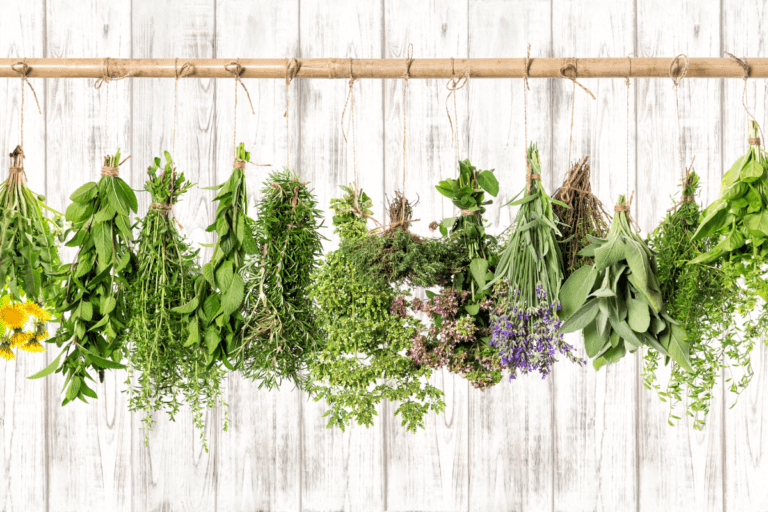

7 Herbs For PCOS (& Other Natural Remedies)
Research shows that these herbs for PCOS can help treat symptoms. Here’s which ones to try.
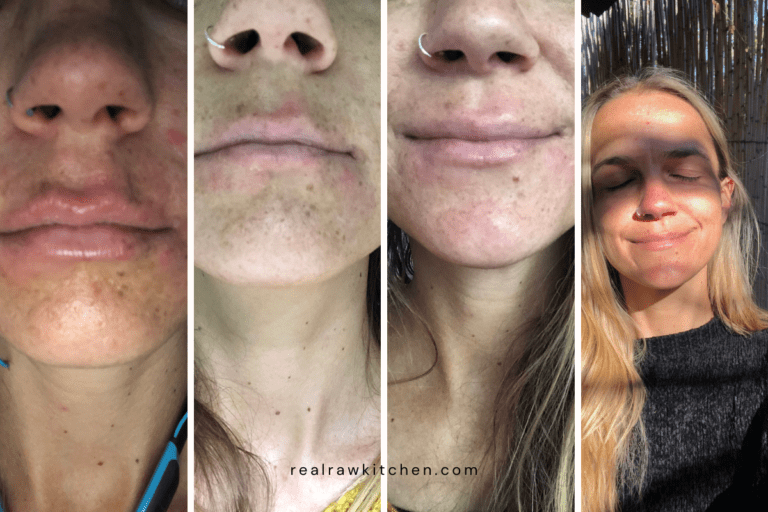

My Perioral Dermatitis Self-Care: Before & After
Here’s my before and after from my all natural perioral dermatitis self-care routine.
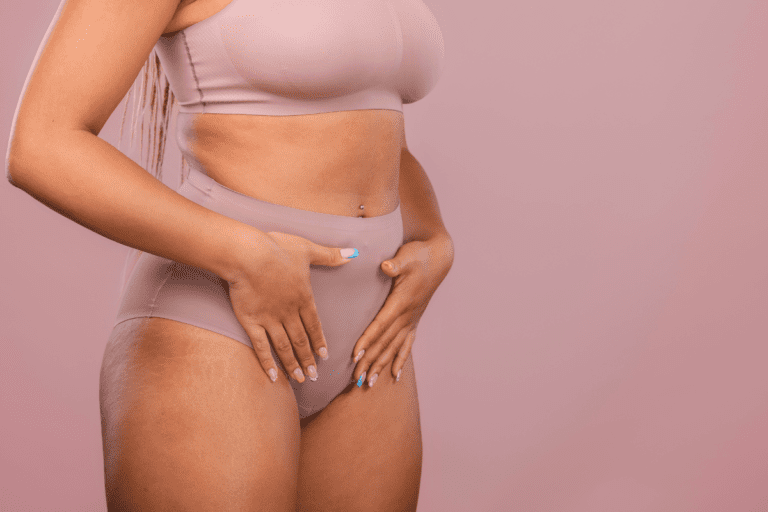

11 essential oils for PCOS relief and support
PCOS can be challenging for our beautiful bodies. Here are 11 essential oils for PCOS that can help make it a little easier.


How to make a perfect herbal sitz bath
Here are the perfect herbs for a healing sitz bath.
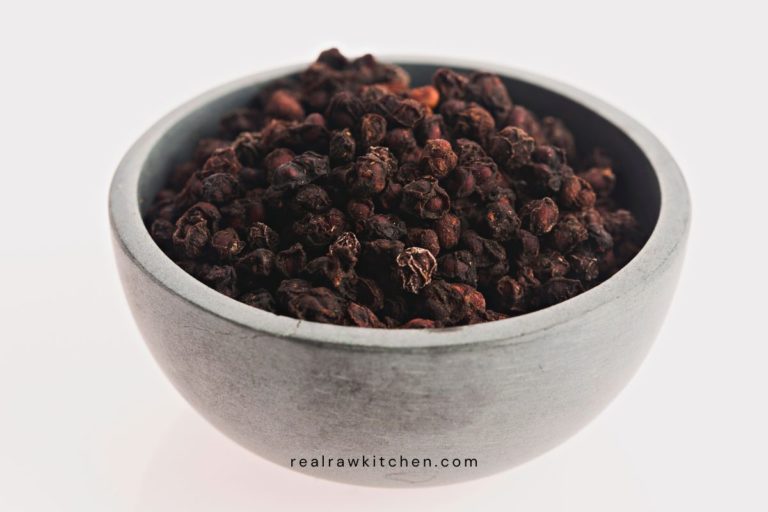

Schisandra berries: benefits for women (plus recipes)
Learn how Schisandra berries can balance your hormones and support your health. Plus, I share a few of my favorite recipes.
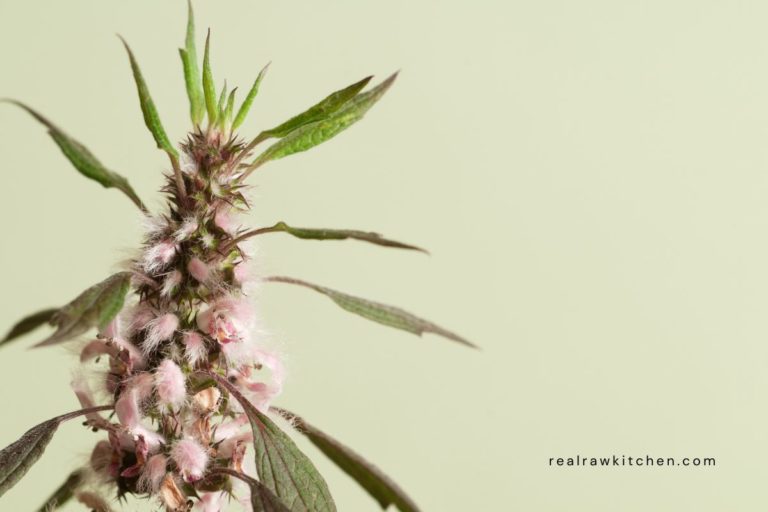

Motherwort uses and benefits for women
This healing herb has been used for women’s health for thousands of years. Here are my favorite Motherwort uses and benefits for women.
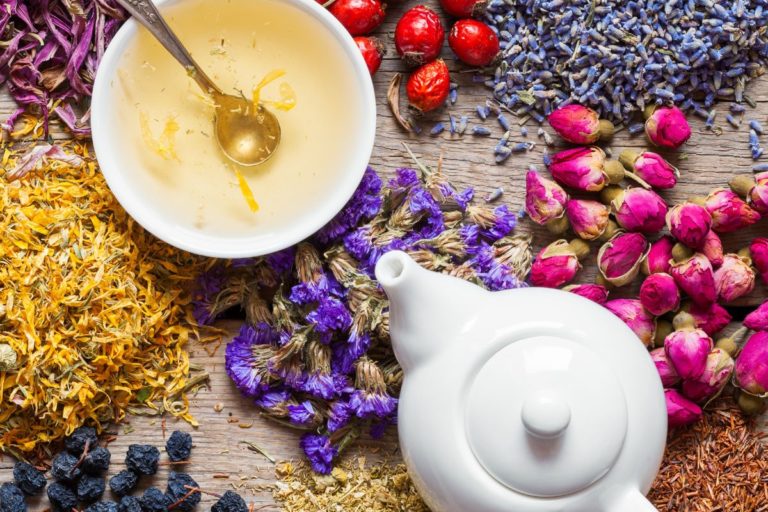

6 herbs for balancing female hormones (with recipes)
These herbs for balancing female hormones come with a whole bunch of other benefits. Here’s how to incorporate them into your monthly cycle.
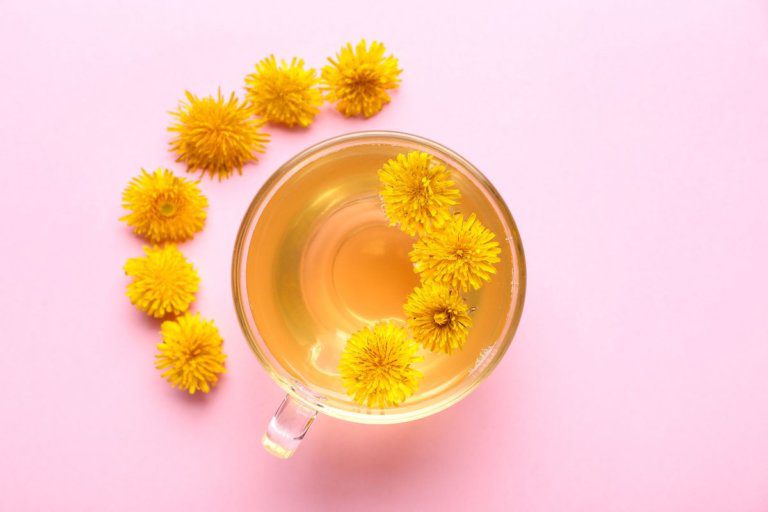

what is dandelion tea good for?
Did you know that the yellow weeds commonly killed by herbicides are actually ancient medicine? That’s right, dandelions have wonderful health benefits that can be taken daily via a nice cup of hot tea.
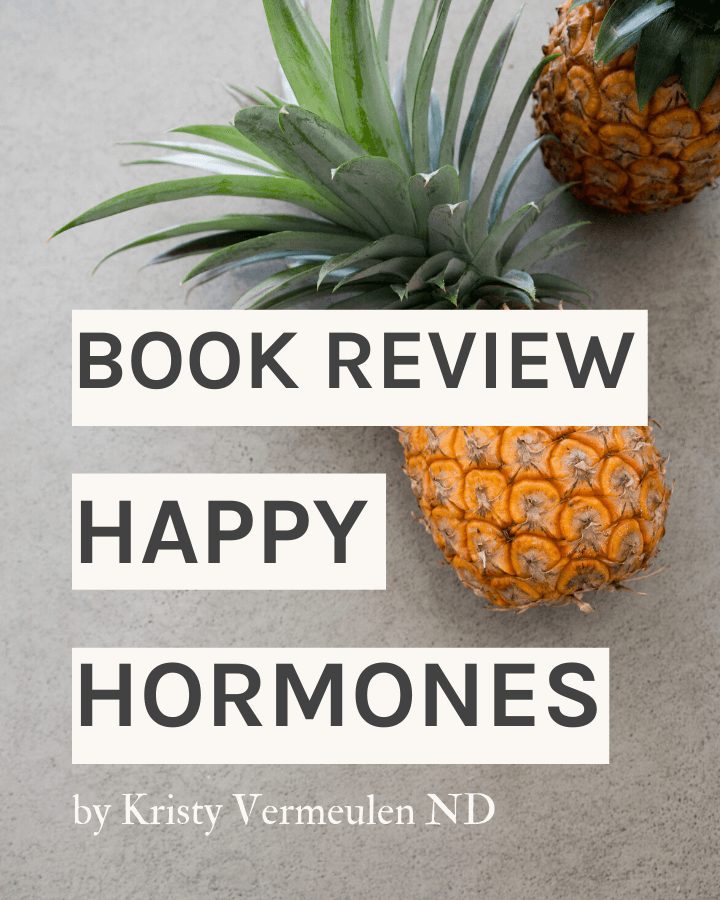

REVIEW: Happy Hormones by Kristy Vermeulen ND
A long, long time ago–before my little hiatus–I received a book in the mail that, at…
HOW-TO: probiotics .. what are they and how do they help?
There is (finally)so much hype over probiotics, as of late and for many people this still…
